

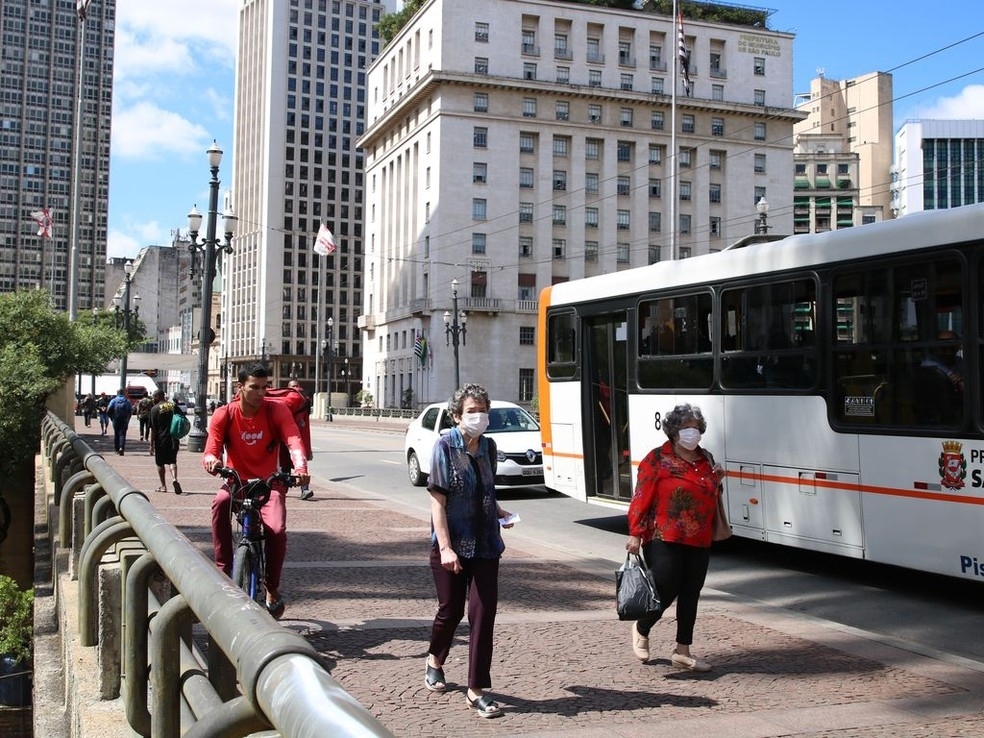
A multinational research group used data from São Paulo to perform calculations which suggest that even a minor reduction in the city’s mobility – equivalent to a rise from 45% to 50% in the social distancing index – correlates with a considerable fall in new infections and deaths after a few days.

Sample collection is much easier and less invasive. Self-collecting is feasible, depending on the child’s age. Schools should reopen only with mass testing to keep track of asymptomatic cases, the researchers argue.

Inexpensive test is non-invasive and based on detection of bladder cancer biomarkers in urine.

A total of BRL 18.5 million will be allocated to funding for collaborative projects by researchers in the state of São Paulo with colleagues in other countries. Proposals must be submitted not later than July 10.
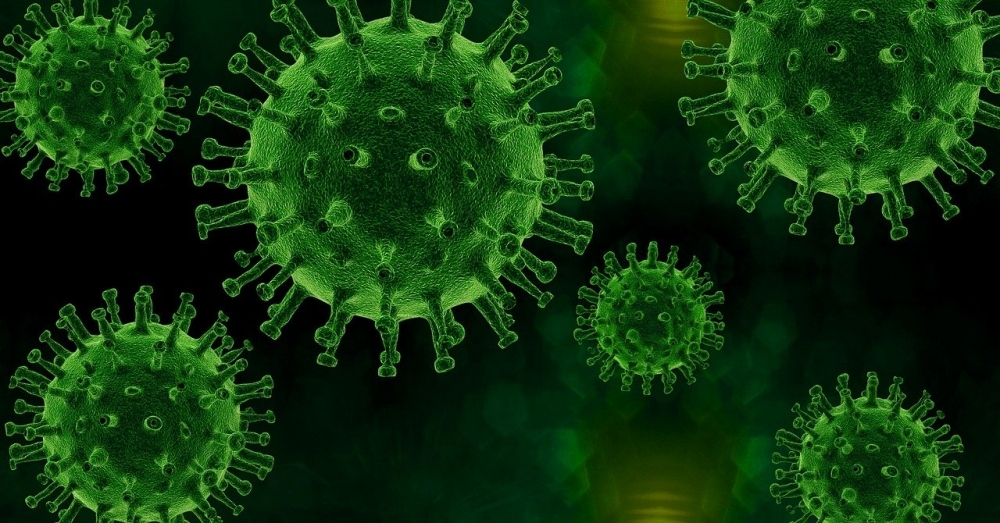
Infection of periodontal tissue, not just airways, explains the high viral load found in the saliva of COVID-19 patients, this study suggests.

Machines designed and prototyped by Setup Automação with PIPE-FAPESP’s support could come to market costing 25% less than currently available devices.
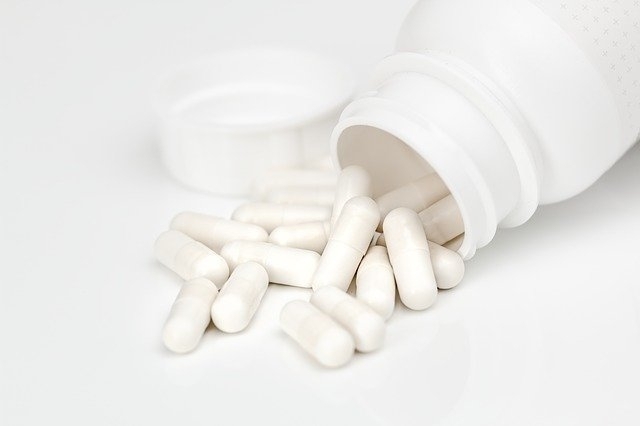
A clinical trial was conducted by researchers at the University of São Paulo with 240 patients who were given 200,000 IU of vitamin D3 on admission to hospital. The supplementation did not reduce length of stay or affect the proportion requiring intensive care.

The new cutoff values for a metric widely used by geriatricians, physical therapists and nutritionists are more accurate, facilitate early diagnosis and contribute to preventive treatment.

By means of specific biomarkers, a diagnostic test developed by the Brazilian startup Onkos shows whether a lump in the gland is benign or malignant, reducing the risk of unnecessary surgery.

The platform developed by researchers from Brazil and Chile lets users view geolocation of cases, deaths and vaccinations over time.

A study by the University of São Paulo has discovered that when macrophages engulf cells infected by the novel coronavirus, they begin producing excessive amounts of pro-inflammatory molecules, and their capacity to recognize and phagocytize dead cells is reduced twelvefold.

Brazilian researchers monitoring the population of metropolitan São Paulo have reported atypical cases in which SARS-CoV-2 continues to replicate in the organism for longer than the recommended isolation period.

A method created in Brazil by the Human Genome and Stem Cell Research Center could be used for large-scale production of livers for transplantation.
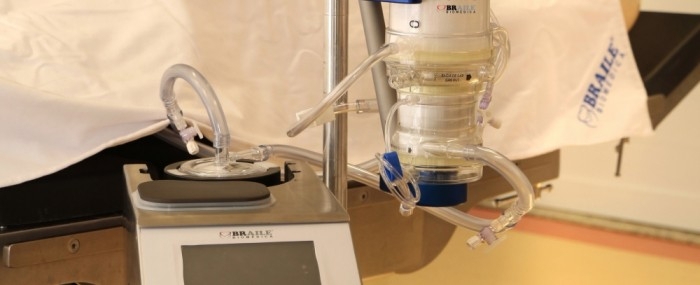
Extracorporeal membrane oxygenation (ECMO) can keep patients alive until the disease recedes.
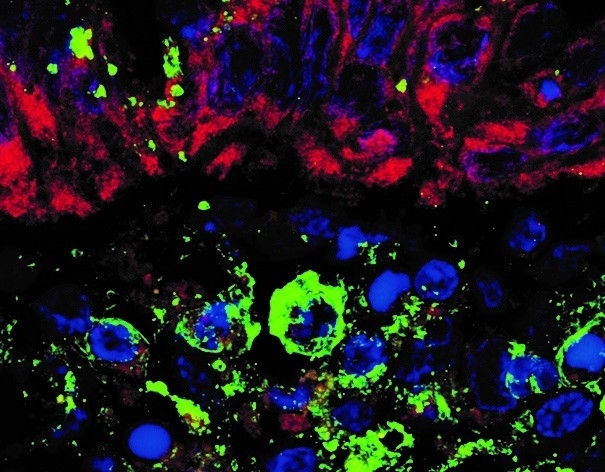
Brazilian researchers treated cells infected by SARS-CoV-2 with compounds produced by gut microbiota from dietary fiber. The intervention did not mitigate viral replication but reduced expression of a gene that plays a key role in viral entry into cells and a receptor involved in the inflammatory process.

Luciferin-luciferase system developed in collaboration with Japanese researchers produces brighter and longer-lasting far red light. The innovation can be used to image cells and tissues for diagnosis and biomedical research.

Laboratory trial by Butantan Institute in partnership with the University of São Paulo involved inoculation of variants P.1 and P.2 into cultured cells containing blood serum from vaccinated subjects. The results were satisfactory, according to the researchers.
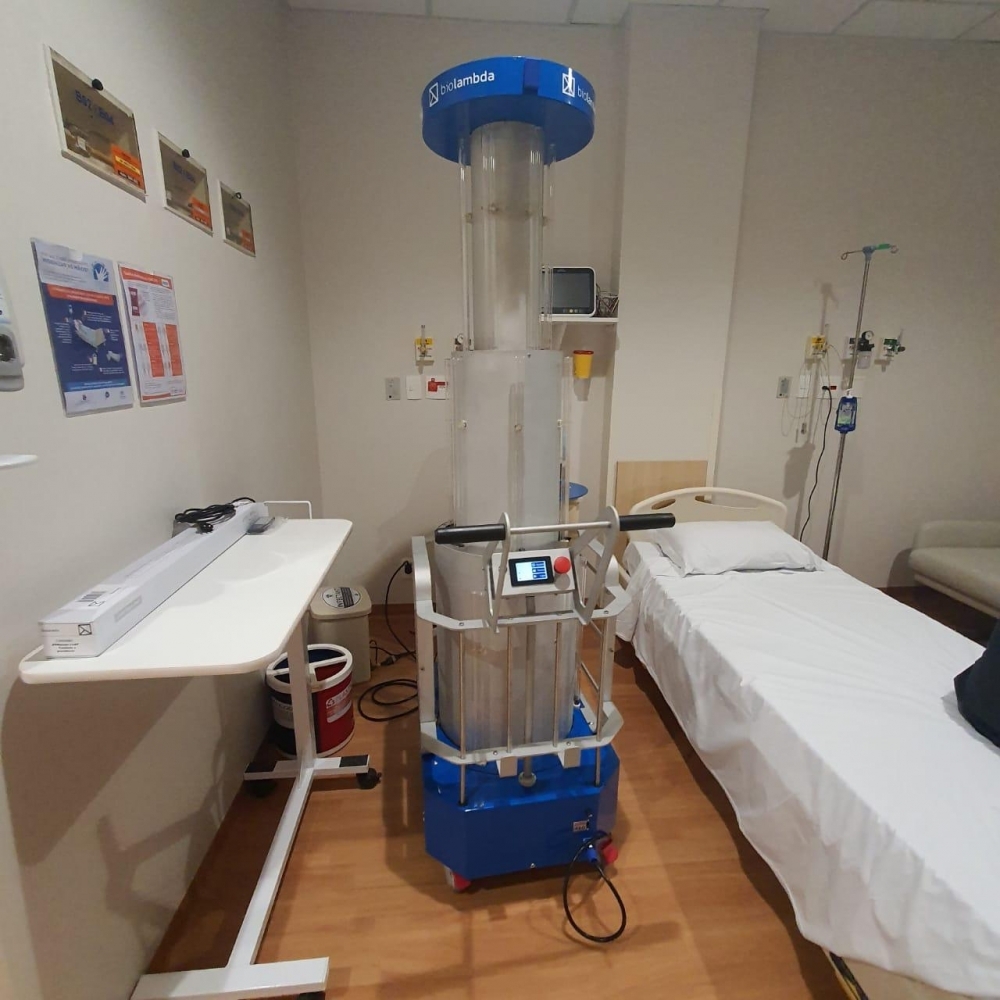
The technology uses ultraviolet-C, which can inactivate the novel coronavirus. Startup BioLambda was supported by FAPESP and partnered with the Albert Einstein Jewish-Brazilian Hospital in São Paulo.

Brazilian researchers tested the capacity of different materials to produce sensors for the detection of PCA3, a gene that is overexpressed in prostate cancer. The technique can also be used to diagnose infectious diseases, including COVID-19.
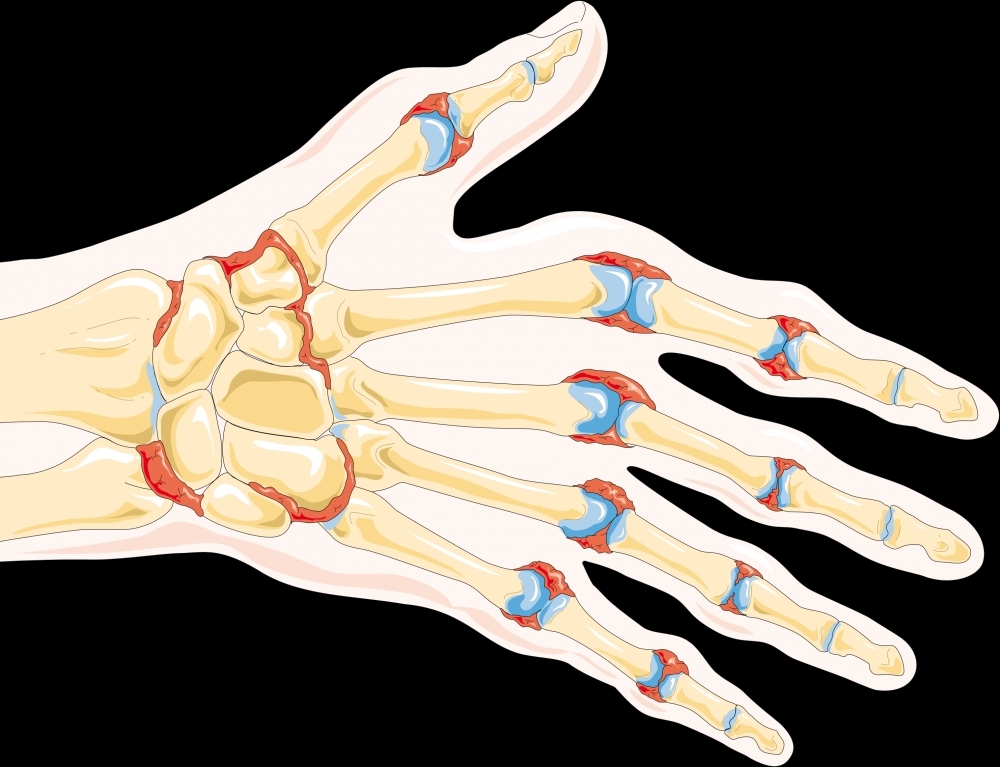
In a study of the effects of cigarette smoking on exacerbation of the disease, scientists at a FAPESP-supported research center identified a novel pathway in the inflammatory process relating to bone damage.

In Araraquara, state of São Paulo, researchers detected the P.1 variant in 93% of samples from patients diagnosed at a primary healthcare facility in the first two months of the year.

Blood plasma from COVID-19 convalescents was tested against Brazilian variant isolates obtained from patients diagnosed in Manaus. The study also assessed the effectiveness of plasma from volunteers immunized with CoronaVac.

Published by an Anglo-Brazilian epidemiological research center, the study revealed that in only seven weeks SARS-CoV-2 lineage P.1 became the most prevalent strain of the virus in Manaus. Analysis of more than 900 samples from patients diagnosed in the period pointed to a higher viral load.

In a study conducted at the University of São Paulo, researchers used infrared laser irradiation to accelerate the activity of enzymes immobilized on gold nanoparticles. The technique could have biomedical and industrial applications.

Open-access repository established to facilitate research on the disease holds anonymized data including clinical examinations and laboratory test results from 485,000 patients processed by five institutions.